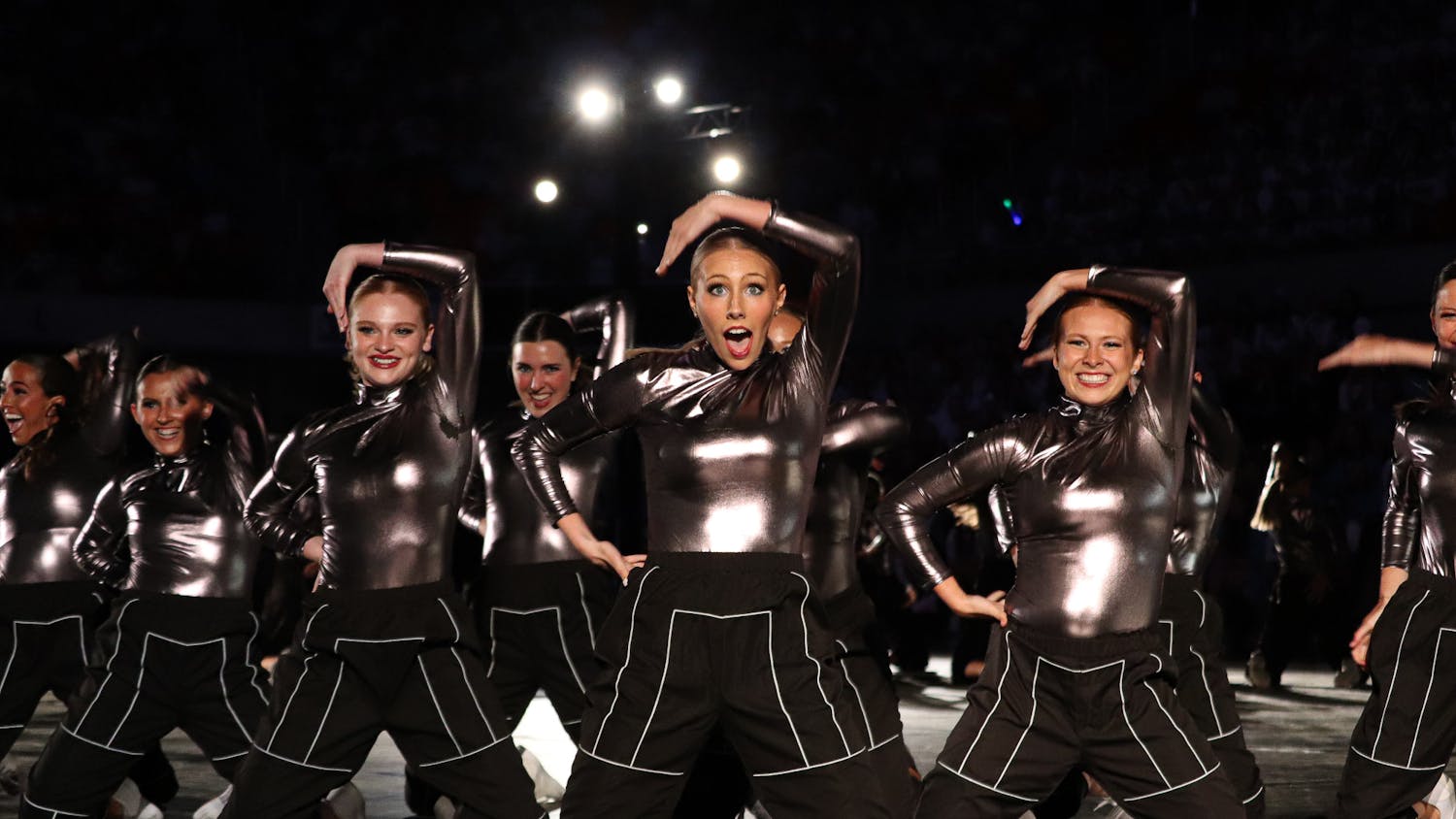Alonzo McGhee,
“Did you grow up around a lot of white people, because you don’t really act black?”
When a co-worker asked this question, he didn’t know how to respond. Questions like these create awkward, uncomfortable dynamics in work environments.
“Occasionally, when people find out at work that I’m bisexual, they expect me to act a certain way, or they’ll ask stereotypical questions,” McGhee said. “I feel as though I’m constantly having to defend myself, the way that I do things or certain choices that I make just because of stereotypes that come with cultural ideas of who I’m supposed to be.”
A widely accepted sentiment is that college students belonging to minority groups report lower confidence in their abilities to obtain a job after graduation than students belonging to majority groups.
Annette Kluck, assistant provost for women’s initiatives, believes two big factors relate to this confidence gap — Imposter syndrome and stereotype threat.
Kluck defined Imposter syndrome as “the feeling of ‘I don’t belong, and they are going to figure out I don’t belong.’”
She said Imposter syndrome is much more prominent in individuals within typically marginalized groups — women, racial minorities, first-generation Americans, people of lower socioeconomic status — than majority group counterparts, and minority group members may receive messages throughout their lives that facilitate the development of this effect.
“What’s hard about this feeling is that it makes you have to work harder,” Kluck said. “Not just that you’re trying harder to make sure everybody believes that you belong but also you’re managing this feeling of ‘I don’t belong here.’”
Kluck said at younger ages, girls outperform boys at math. That does shift as children reach middle school and beyond, but it may not be related to ability.
In 1999, Claude Steele,
He set up two rooms for students taking math tests.
In one room, Steele reminded students of the stereotype that men are better at math and challenged the female students in the room to try really hard to succeed.
He did not tell this to the students in the other room.
Women performed more poorly in the group that was reminded of the stereotype whereas men and women performed equally in the group that was not reminded of the stereotype.
“The thinking is that when we’re exposed to those stereotypes, we spend our mental energy thinking about trying not to confirm the stereotype rather than focusing, in this case, on math problems,” Kluck said.
Individuals belonging to minority groups may hear “the quota message.” A person hearing this may also question whether others feel he or she is there for the sole purpose of filling the quota.
John Blanding, Outgoing Black Student Union president and current senior in international business, mentioned this view on quotas.
“We often struggle with trying to discern between those with good intentions and those with a motive to just fill that quota or to reach a specific number,” Blanding said. “It’s tough to have to work in spaces where you question the validity of your position or you question the validity of the people around you. That’s a difficult feeling to have to have on top of your normal workload.”
Kluck said all of these things can contribute to internal anxiety within minority groups. These feelings can result in poor performance or lack of confidence.
McGhee echoed this idea. He said dealing with factors like these can be tough in social situations at work or interacting with jobs in general.
“There can be a certain expectation of the way you should act or the way you need to present yourself,” McGhee said. “Sometimes just having to interact with coworkers with certain religious views or outlooks on life kind of makes it more difficult to interact with your coworkers, and that can sometimes affect your job performance.”
Kluck called attention to a study regarding ACT performance. The ACT, a college entrance exam, prompts students to disclose their gender and race or ethnicity.
“Just being asked to indicate your gender or your sex and then your race or your ethnicity has, at times, produced the same effect of undermining somebody of the stereotype,” Kluck said.
These factors and others contribute to the lack of confidence in applying for jobs many minority group individuals face.
Kluck said employers can combat these risks by establishing detailed job requirements at the beginning, following through consistently.
Blanding said he thinks the most basic step for employers to begin accounting for the confidence gap is to include people on the interview panel who are trained in inclusion and diversity sciences.
“I think here at Auburn we can attest to that from the introduction of Dr. Clayton with the Office of Inclusion and Diversity,” Blanding said. “She has been trained and educated on those topics, how to handle those situations and how to handle people from different backgrounds or beliefs, and because she’s been trained, she can attest to those things better than someone that’s never been exposed to them before.”
In terms of the confidence gap, McGhee carried a message.
“As long as you’re a good worker and you’re doing what you’re meant to do, you have no reason to feel uncomfortable or like you have to explain yourself to anybody,” McGhee said.
Do you like this story? The Plainsman doesn't accept money from tuition or student fees, and we don't charge a subscription fee. But you can donate to support The Plainsman.



